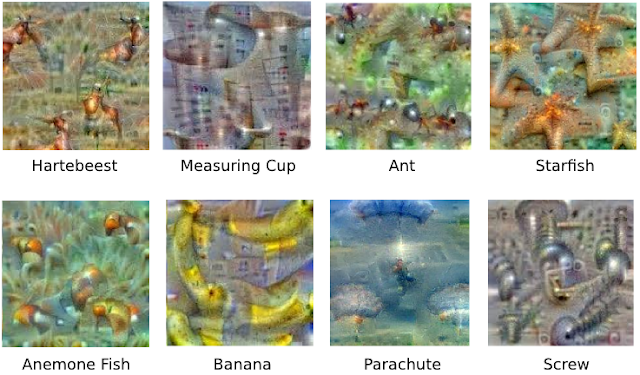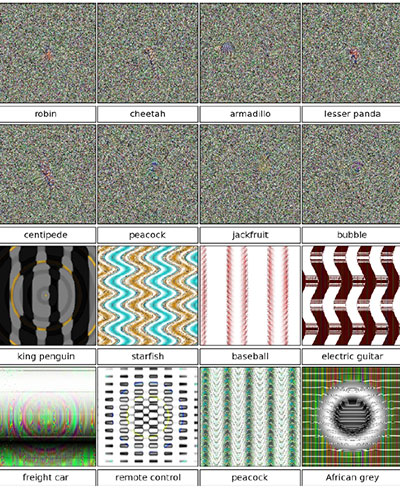Scooby Doo and Secular Humanism [link]
A great column by Chris Sims at the Comics Alliance. Excerpt: > Because that's the thing about Scooby-Doo: The bad guys in every episode aren't monsters, they're liars. > > I can't imagine how scandalized those critics who were relieved to have something that was mild enough to not excite their kids would've been if they'd stopped for a second and realized what was actually going on. The very first rule of Scooby-Doo, the single premise that sits at the heart of their adventures, is that the world is full of grown-ups who lie to kids, and that it's up to those kids to figure out what those lies are and call them on it, even if there are other adults who believe those lies with every fiber of their being. And the way that you win isn't through supernatural powers, or even through fighting. The way that you win is by doing the most dangerous thing that any person being lied to by someone in power can do: You think. Tim Minchin fans may recall him mentioning Scooby Doo in a similar light in his beat poem Storm, and it's been brought up on Less Wrong before. When viewed in this light, Scooby Doo really is like an elementary version of Methods of Rationality.


Is there a way to do this without needing to secure collateral for the refund, using some stable investment vehicle like a CD? "The earlier you pledge, the bigger refund you get if the contract isn't fully funded" might help avoid the "waiting until the last moment" issue, but maybe there's some perverse incentive or other blocker.
I'm also very curious about how this method could solve issues with funding of scientific research. The lack of market pricing for research is a major impediment to allocating public funds effectively. But what prediction market can accurately estimate the price of something that might not pay off for 100 years?